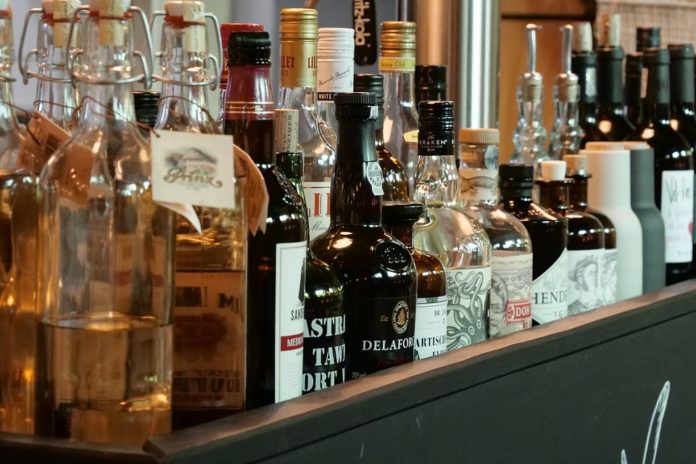According to a new study carried out by the Behaviour and Health Research Unit at the University of Cambridge in collaboration with the Centre for Addictive Behaviours Research at London South Bank University, alcoholic drinks if labeled as lower in strength may increase the total amount of alcoholic drink consumed.
Diminishing utilization of alcohol is a general wellbeing need in numerous nations. In the UK, as a major aspect of a scope of ventures to decrease general liquor utilization, policymakers are as of now inspired by enabling the industry to mark a more extensive scope of liquor items as lower in alcohol.
In this study, two-hundred and sixty-four weekly wine and beer drinkers – sampled from a representative panel of the general population of England – were randomized to one of three groups to taste test drinks in a laboratory designed to mimic a bar environment.
The beverages differed just in the name shown. In one group, members taste-tried beverages named ‘Super Low’ and ‘4%ABV’ for wine or ‘1%ABV’ for a lager. In another group, the beverages were marked ‘Low’ and ‘8%ABV’ for wine or ‘3%ABV’ for the brew. In the last group, members taste-tried beverages named with no verbal descriptors of quality, yet showing the normal quality available – wine (‘12.9%ABV’) or lager (‘4.2%ABV’).
The outcomes demonstrated the aggregate sum of drink expended expanded as the name of the drink signified progressively lower alcohol strength. The mean utilization of beverages marked ‘Super Low’ was 214ml, contrasted and 177ml for standard (unlabelled) drinks. Individual differences in drinking designs and socio-statistic markers did not influence these outcomes.
Professor Theresa Marteau, the senior author said, “Labelling lower strength alcohol may sound like a good idea if it encourages people to switch drinks, but our study suggests it may paradoxically encourage people to drink more.”
The study shows that people may drink more if drinks are labeled as lower in strength, the researchers do not yet know if this effect is sufficient to result in the consumption of more units of alcohol overall from lower strength alcohol drinks.
The study is available online in the journal Health Psychology.
